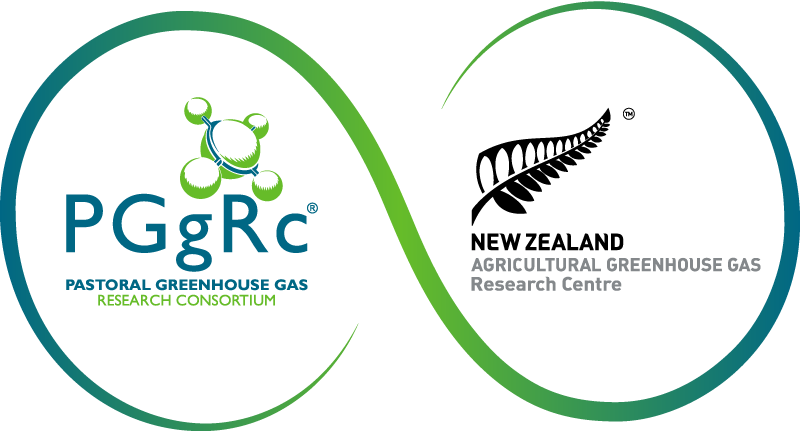ABOUT
Agriculture is a major contributor to New Zealand’s economy, representing more than half of the country’s exports. It is also responsible for 47% of the nation’s greenhouse emissions.
The PGgRc is a commitment by the pastoral sector to address these emissions, while ensuring New Zealand’s economic wealth is not compromised. Ultimately, it aims to deliver knowledge and economically viable mitigation practices or products that will help New Zealand farmers manage greenhouse gas emissions, while increasing productivity. At an operational level, PGgRc works towards achieving that by focusing on the creation and development of intellectual property relating to greenhouse gas reducing technologies and practices.
As part of the UN Framework Convention on Climate Change (UNFCCC), New Zealand had made a commitment to lower its greenhouse gas emissions by 2020 – to 5% below 1990 levels. Further to this – in response to the 2016 Paris agreement on Climate Change – the New Zealand Government recently announced that its Nationally Determined Contribution (NDC) would be to reduce greenhouse gas emissions to 30% below 2005 levels by 2030.
While New Zealand makes only a small contribution to global emissions, the country’s reputation as a trading nation implies an obligation to contribute fairly towards the global effort to reduce greenhouse gas emissions and the risks from climate change.
PGgRc OBJECTIVES
PGgRc’s objectives are to:
- Undertake a greenhouse gas emissions mitigation research programme
- Deliver the research results to New Zealand and, where appropriate, globally
- Maximise research opportunities and benefits for New Zealand farmers and – where compatible with this priority – commercialise for financial gain
- Share financial rewards with stakeholders, primarily New Zealand farmers


